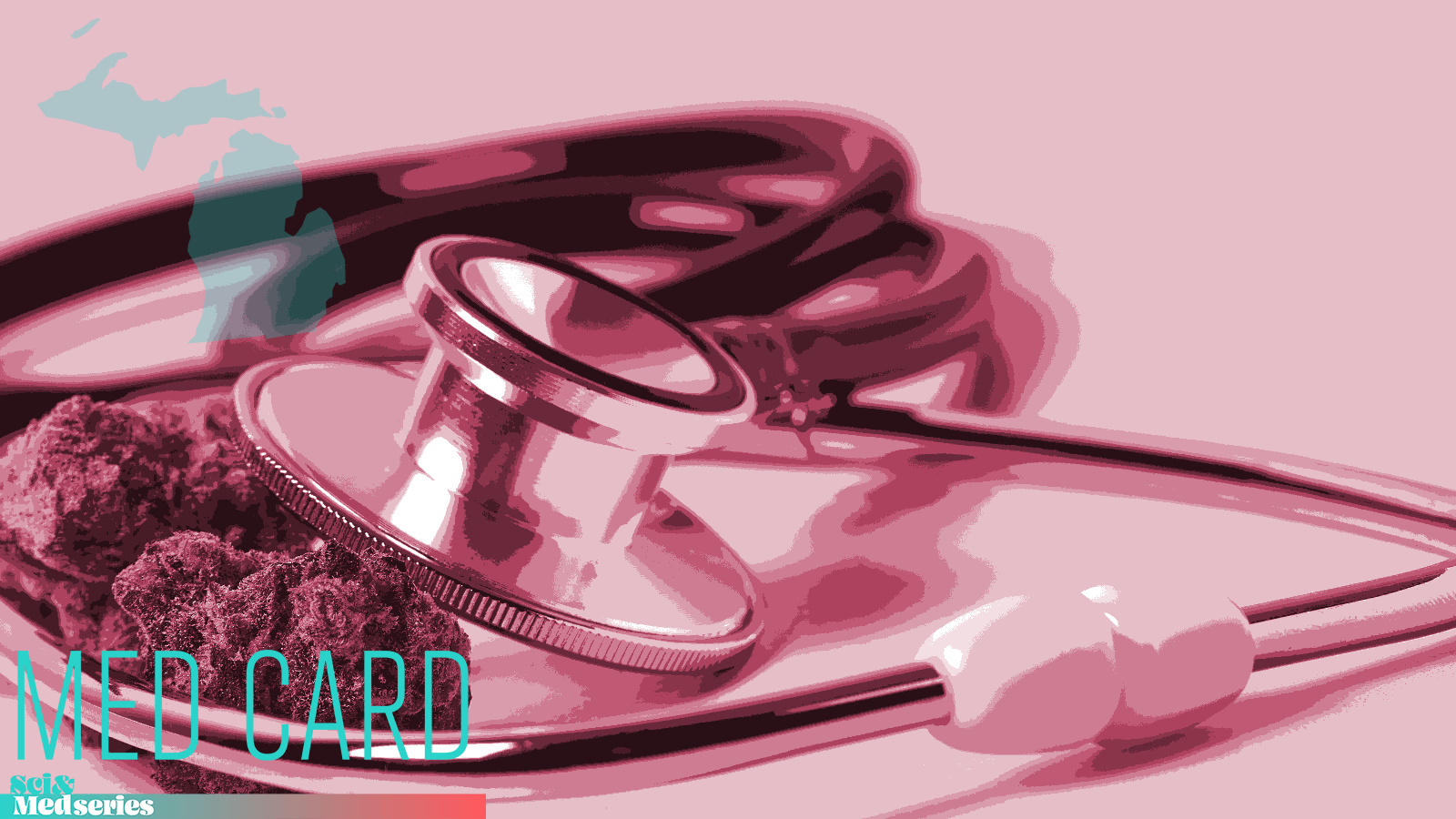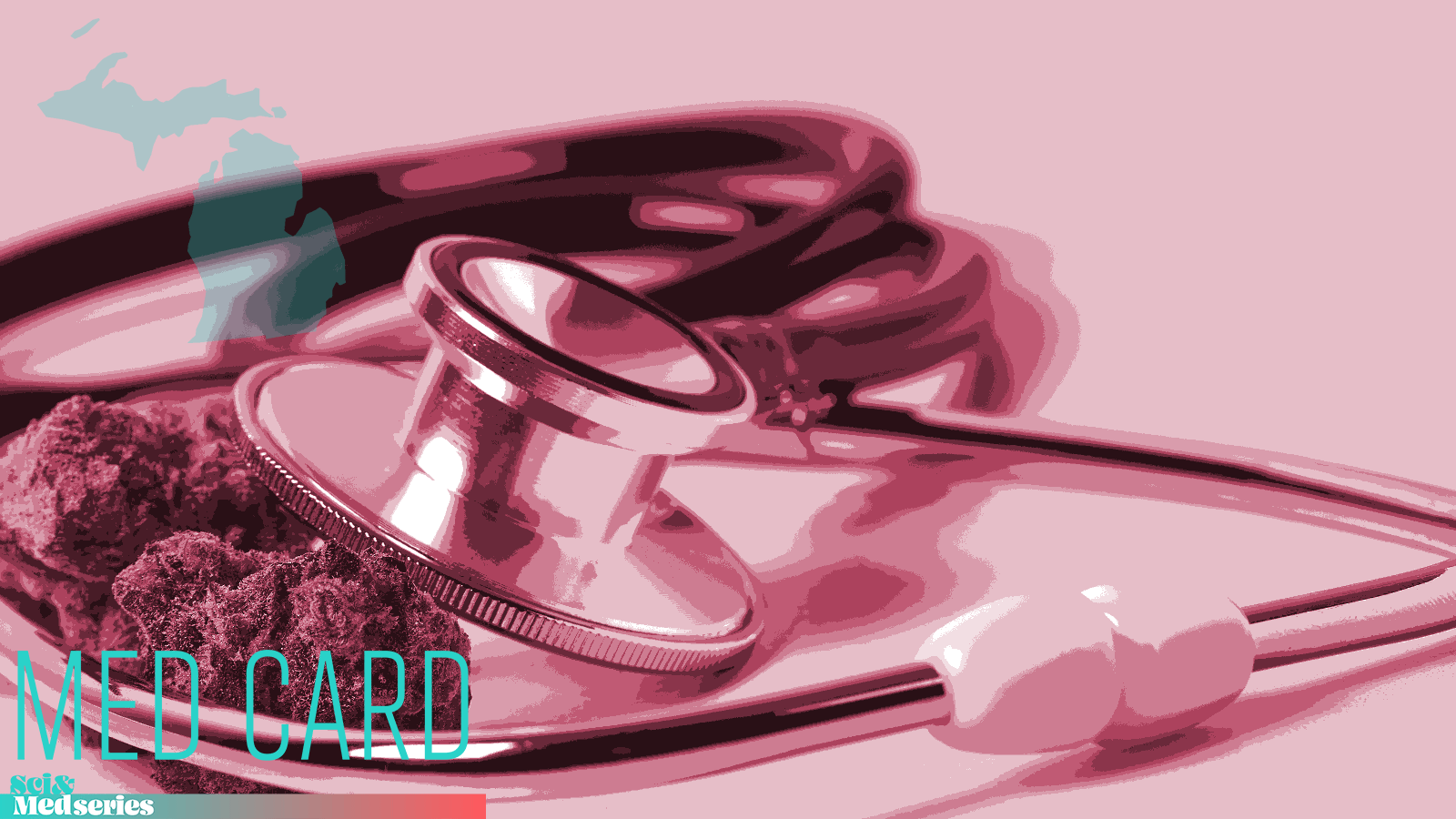
More than half of patients in New York’s Medical Marijuana Program say they’re using cannabis products to treat pain, while people who are over the age of 50 make up lion’s share of the state’s registered patients.
State figures show patients ages 51 to 60 made up the greatest percentage of medical marijuana certifications (23 percent) in New York, followed by patients aged 61 to 70 (19 percent). The most commonly listed severe debilitating or life-threatening conditions among medical marijuana patients in the state were chronic pain (53 percent), neuropathies (14 percent) and cancer (12 percent). The latest state figures show more than 2,200 registered practitioners and more than 93,700 certified patients.
Photo by Bicad Media
Democratic New York Gov. Andrew M. Cuomo and the state Legislature enacted the Compassionate Care Act in 2014 to set up the state’s medical marijuana program, which allows patients who suffer from specific serious conditions to be certified by a practitioner and then obtain marijuana products. Practitioners must complete a New York State Department of Health approved course and register with the department to certify patients, and must consult the New York State Prescription Monitoring Program Registry prior to issuing a certification to a patient for medical marijuana.
New York’s Qualifying Conditions
- Amyotrophic lateral sclerosis (ALS), or Lou Gehrig’s disease
- Cachexia, or wasting syndrome
- Cancer
- Chronic pain
- Epilepsy
- HIV/AIDS
- Huntington’s disease
- Inflammatory bowel disease
- Multiple sclerosis
- Neuropathy
- Parkinson’s disease
- Post-traumatic stress disorder (PTSD)
- Seizures
- Spinal cord injury with spasticity
Applying for a Med Card in New York
Taking the first steps to get medical marijuana entails finding and speaking with a registered treating practitioner, who may then issue a recommendation. Patients who wish to encourage their practitioner to register can send them to the Practitioner Education for the Medical Marijuana Program website. Access registered New York practitioners on Weedmaps and toggle filters to “doctors” under the “3 business types” menu. Or, click on the “Looking for a Registered Practitioner” button on the Medical Marijuana program website’s home page. A treating practitioner can also make a referral to a registered practitioner.
Photo by Gina Coleman
Once a certification from a registered practitioner is issued, patients need to register on Ny.gov ID, an online service that allows users with an ID and password to sign in to participating government services online. The state provides detailed instructions on registering as a patient or designated caregiver.
After registration is approved, patients are issued a Temporary Registry Identification Card, which may be used in conjunction with a government-issued photo identification card until the registry identification card comes in the mail.
Appointing a Caregiver
Registry identification card applicants younger than 18 or those who are incapable of consenting to medical treatment must have their applications submitted by someone older than 21. Applicants must designate at least one, and up to two, caregivers who must be a parent, legal guardian, a person designated by a parent or legal guardian, or an appropriate person approved by the state if no parent or legal guardian is available.
Photo by Hush Naidoo
A designated caregiver must also register on NY.gov and then obtain a registry ID card of their own to purchase medical marijuana on behalf of a patient. After a patient’s registration is approved, caregivers should follow the instructions for registering with the Department of Health. Those wishing to register with the Department as a designated caregiver must be a resident of New York and have a valid New York State Driver’s License or New York State Non-Driver ID card.
Acquiring Your Medicine
Certified patients may receive medical marijuana products from any registered organization’s dispensing facility of any in New York. Dispensing facility locations can be found throughout the state. Registered organizations may dispense up to a 30-day supply of medical marijuana to a certified patient or designated caregiver, and must report their medical marijuana dispensing to the state’s Prescription Monitoring Program database. Registered organizations may also offer a delivery service.
Rules for Out-of-State Patients
Non-New York residents receiving care and treatment in the state can apply for registration as a certified patient if they meet the requirements of law and this part and are temporarily residing in New York state for the purpose of receiving care and treatment from a practitioner registered with the Department of Health. Out-of-state applicants need to submit a copy of the following forms of documentation along with the application for registration:
- A copy of a state or government issued ID card;
- Proof of temporary residence in New York, such as a copy of a lease, utility bill, hospital bill, or other documentation;
- If an applicant is younger 18, a parent or legal guardian applying on behalf of the applicant must submit a copy of the parent or legal guardian’s state- or government-issued ID and a copy of the applicant’s birth certificate.











